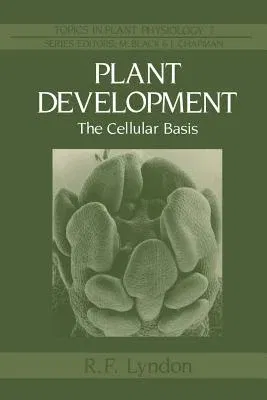R F Lyndon
(Author)Plant Development: The Cellular Basis (Softcover Reprint of the Original 1st 1990)Paperback - Softcover Reprint of the Original 1st 1990, 19 July 2012

Qty
1
Turbo
Ships in 2 - 3 days
In Stock
Free Delivery
Cash on Delivery
15 Days
Free Returns
Secure Checkout
Part of Series
Topics in Plant Physiology
Print Length
320 pages
Language
English
Publisher
Springer
Date Published
19 Jul 2012
ISBN-10
9401168466
ISBN-13
9789401168465
Description
Product Details
Author:
Book Edition:
Softcover Reprint of the Original 1st 1990
Book Format:
Paperback
Country of Origin:
NL
Date Published:
19 July 2012
Dimensions:
23.39 x
15.6 x
1.83 cm
ISBN-10:
9401168466
ISBN-13:
9789401168465
Language:
English
Location:
Dordrecht
Pages:
320
Publisher:
Series:
Weight:
485.34 gm

